Marine Biologists Discover New Species with 200 Legs That are Cleaning the Ocean Floor
Marine biologists have uncovered a new sea creature in the Gulf of Alaska. The team, led by Francisco A. Solís Marín, Andrea A. Caballero Ochoa, and Carlos A. Conejeros-Vargas, published their findings on June 26 in the Biodiversity Data Journal.
This newly discovered species is a type of sea cucumber, featuring a unique appearance and behavior that set it apart.
Meet the McDaniel Sea Cucumber
The McDaniel sea cucumber, named in honor of Canadian naturalist Neil McDaniel, is a remarkable find. With its pale pink-violet color and 214 tube-like feet, this sea cucumber slowly crawls across the ocean floor.
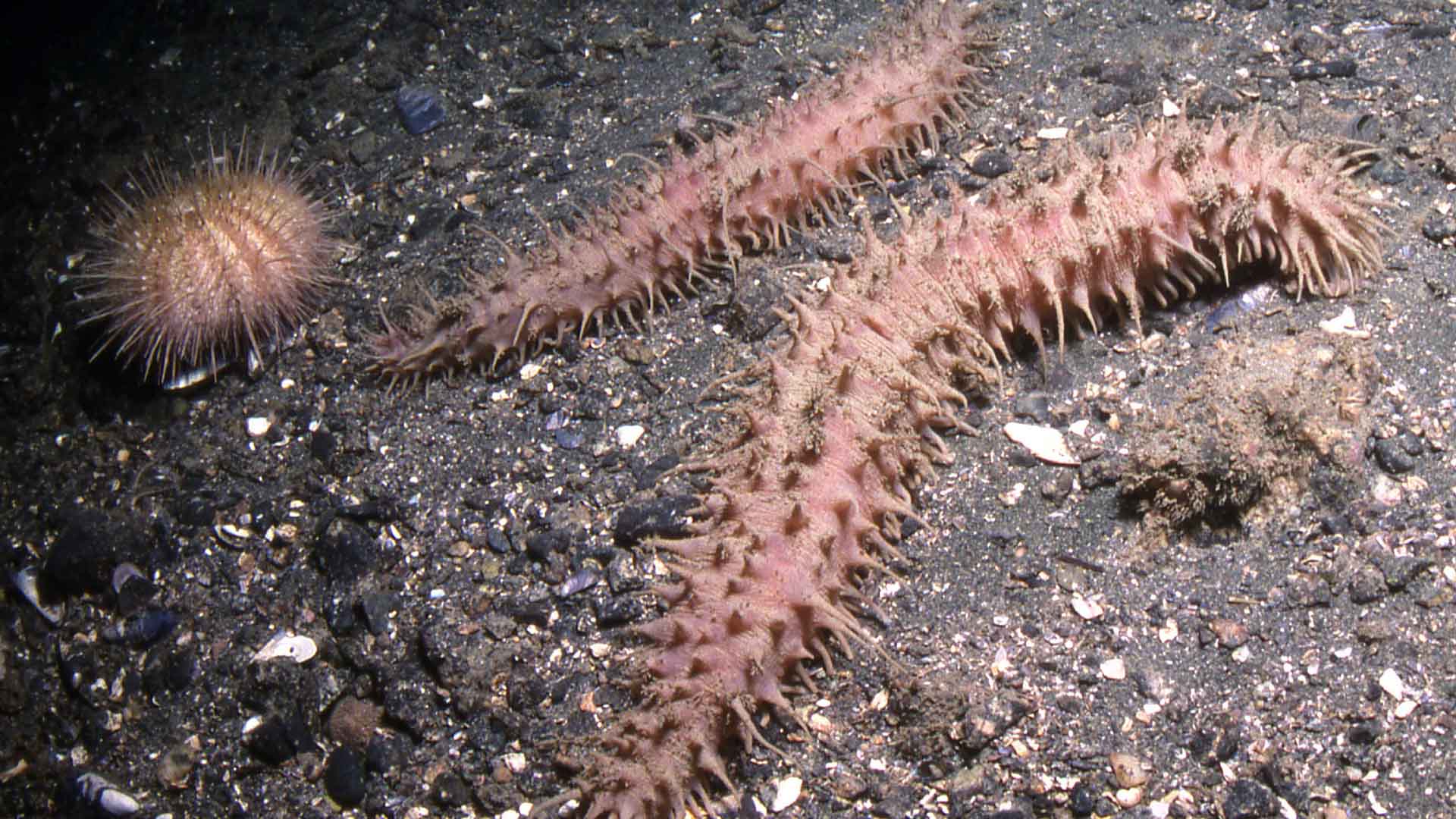
Source: Neil McDaniel/Biodiversity Data Journal
Its many feet are used for movement and capturing sediments, contributing to its role as an essential part of the marine ecosystem.
The Role of Sea Cucumbers in Ocean Health
Sea cucumbers are known as the “janitors of the sea” due to their ability to clean the ocean floor. By feeding on fish waste, algae, and other organic matter, they filter and recycle nutrients, resulting in cleaner sand.
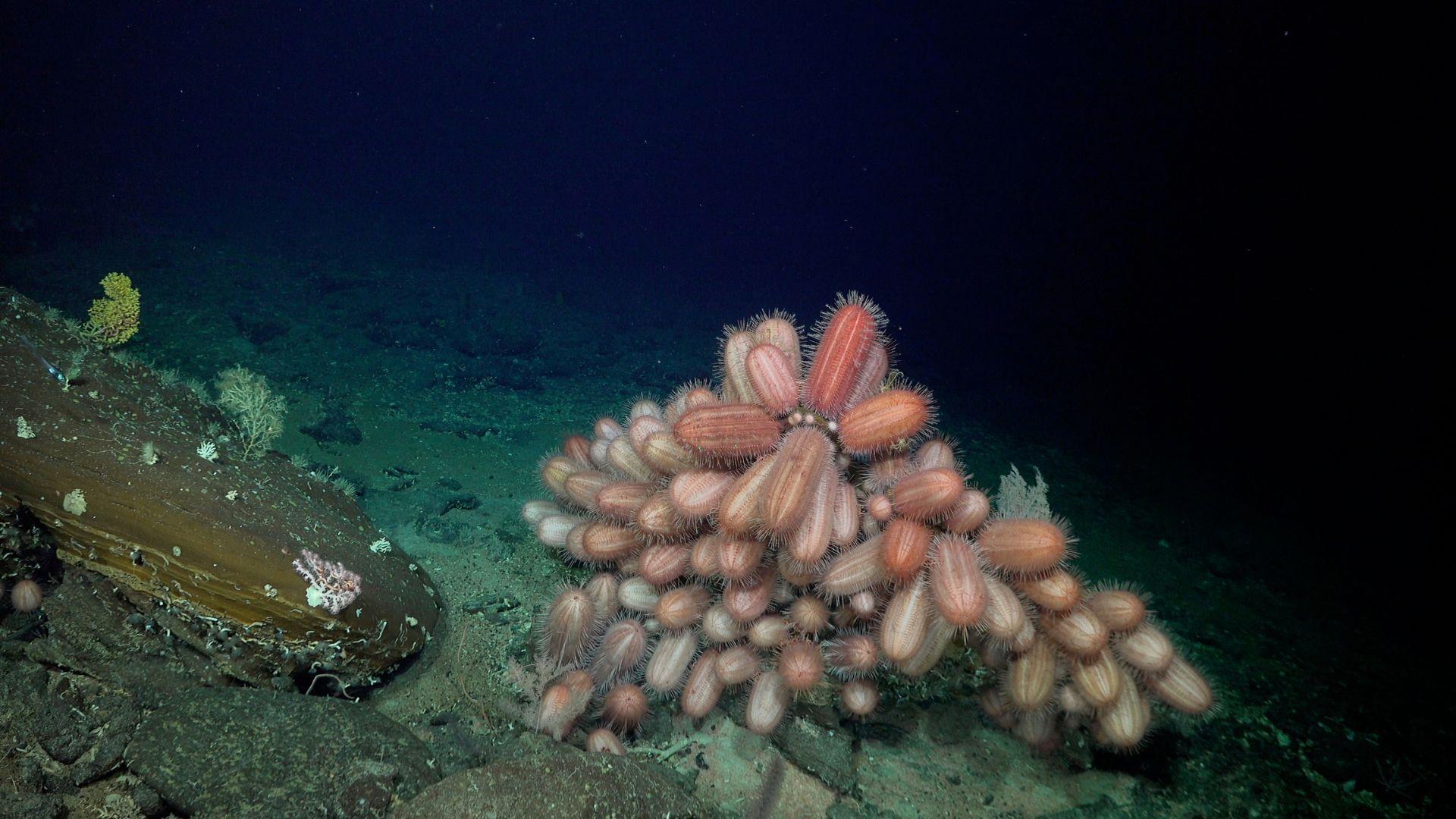
Source: ROV SuBastian/Schmidt Ocean Institute
Professor Ove Hoegh-Guldberg explains that these creatures are like underwater vacuum cleaners, helping maintain a healthy marine environment.
Enhancing Coral Reefs
A significant benefit of sea cucumber digestion is the production of calcium carbonate (CaCO3), which is crucial for coral health.
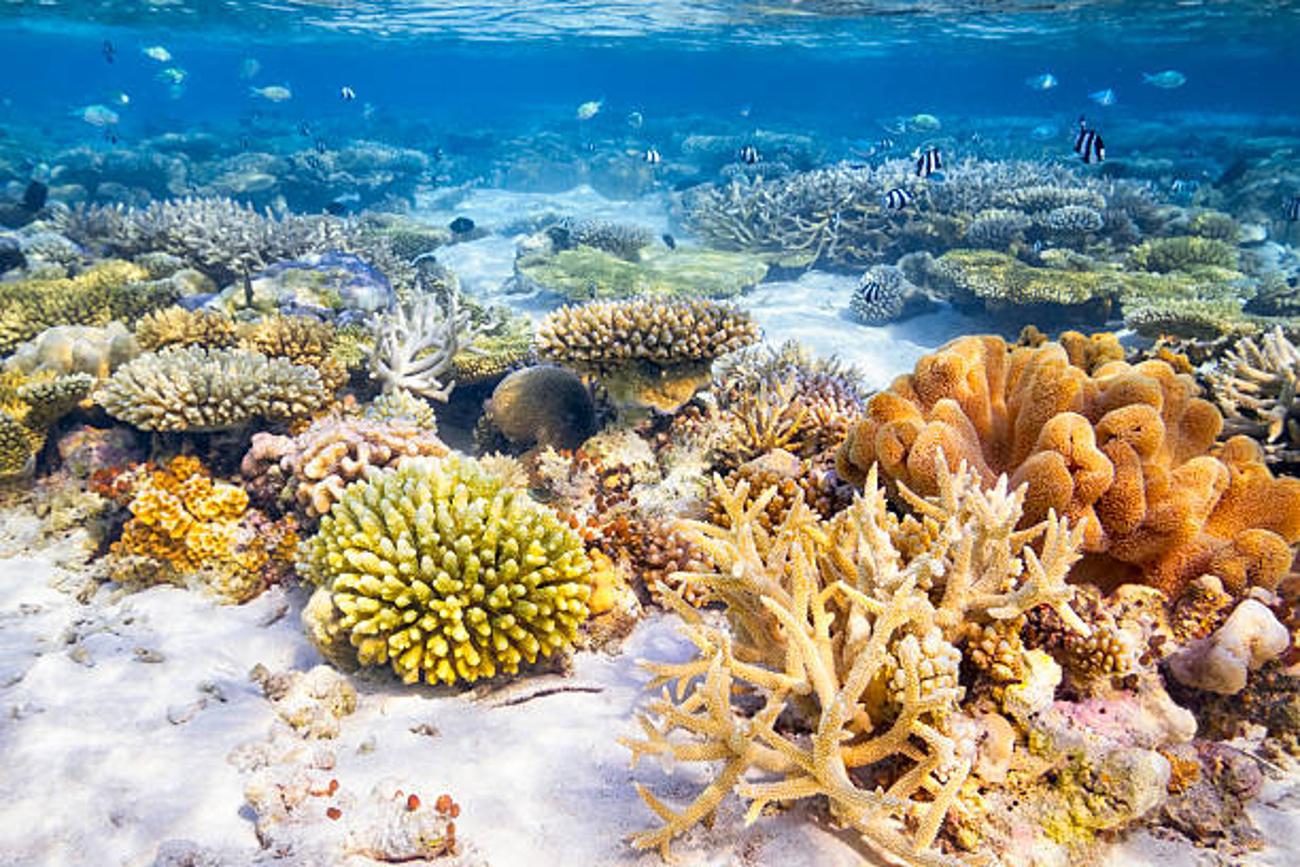
Source: iStock
Professor Maria Byrne from the One Tree Island Research Station highlights how sea cucumbers counteract the negative effects of ocean acidification. Their activity ensures a steady turnover of calcium carbonate, supporting thriving coral reefs.
The Deep-Sea Habitat
The McDaniel sea cucumber inhabits depths ranging from 70 feet to 1,400 feet in the Gulf of Alaska. This deep-sea environment is rich in sediments that the sea cucumber uses for sustenance.
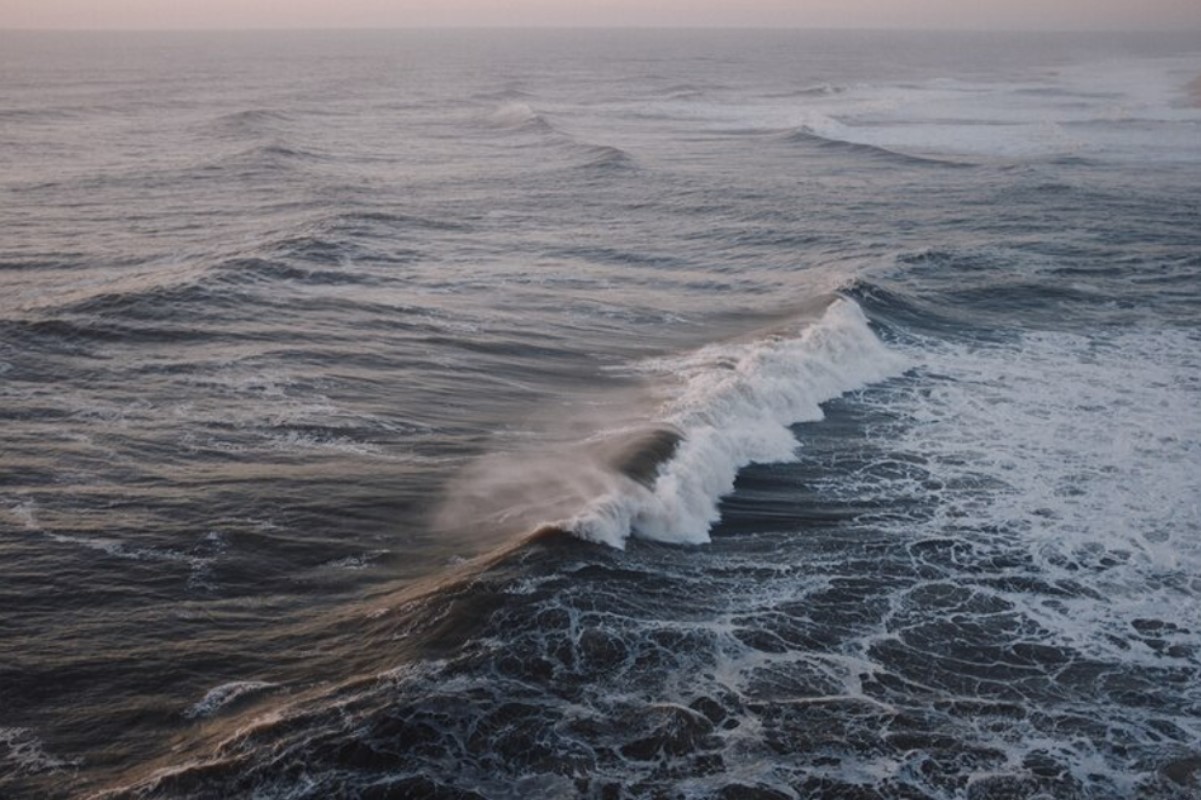
Source: Wikimedia
The discovery of this species in such a remote location conveys the vast and largely unexplored diversity of ocean life.
Marine Biologists' Dedication
The discovery was made possible by the dedication of researchers from the Institute of Ocean Sciences and Limnology in Mexico. Marín, Ochoa, and Conejeros-Vargas have devoted their lives to marine exploration, contributing significantly to our understanding of deep-sea ecosystems.

Source: Wikimedia
Their work shines a light on the importance of marine research.
Conservation Efforts and Challenges
Despite their crucial role, sea cucumbers face threats from overfishing and pollution. Marine ecologist Cody Clements emphasizes the need for conservation efforts to protect these vital creatures.
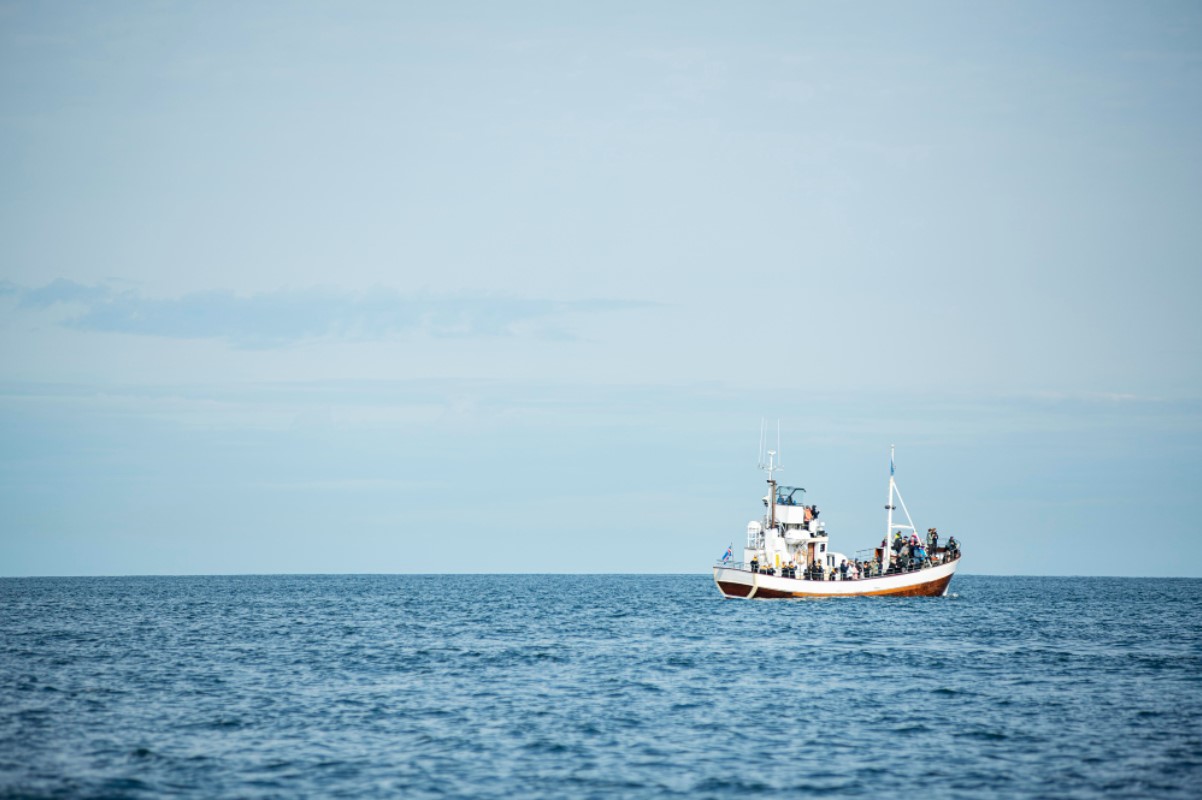
Source: Freepik
By spreading awareness about their ecological importance, scientists hope to boost initiatives aimed at preserving sea cucumber populations.
Sea Cucumbers: Nature's Recyclers
Sea cucumbers play a pivotal role in recycling organic matter on the ocean floor. Their feeding habits result in the breakdown and redistribution of nutrients, which benefits other marine organisms.
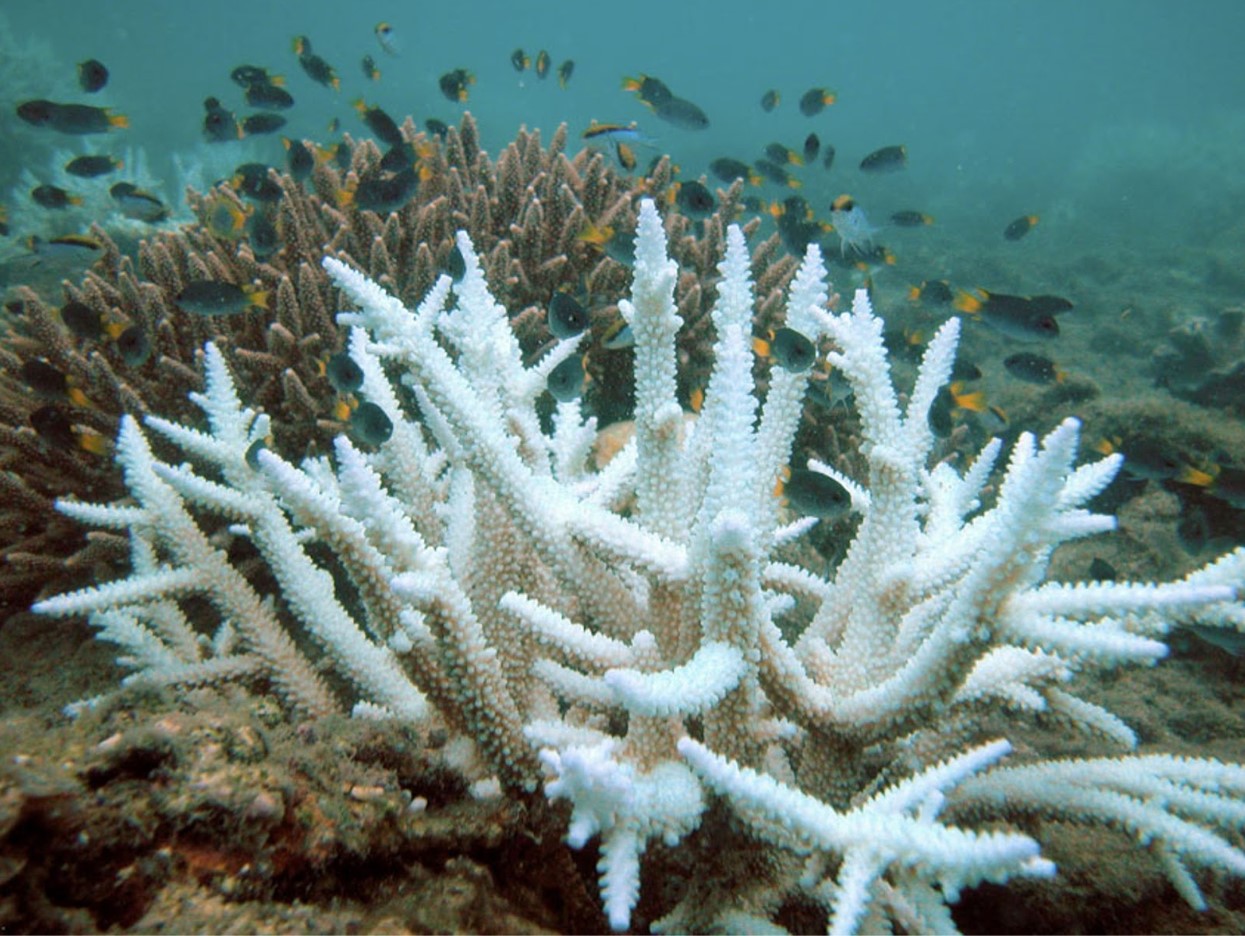
Source: Wikipedia
Arnold Rakaj, a marine biologist at the University of Rome, notes that sea cucumbers help maintain the balance of ocean ecosystems through their constant cleaning activities.
The Impact on Marine Biodiversity
The presence of sea cucumbers like the McDaniel species supports a diverse range of marine life. By cleaning the seafloor, they create a more hospitable environment for other organisms.
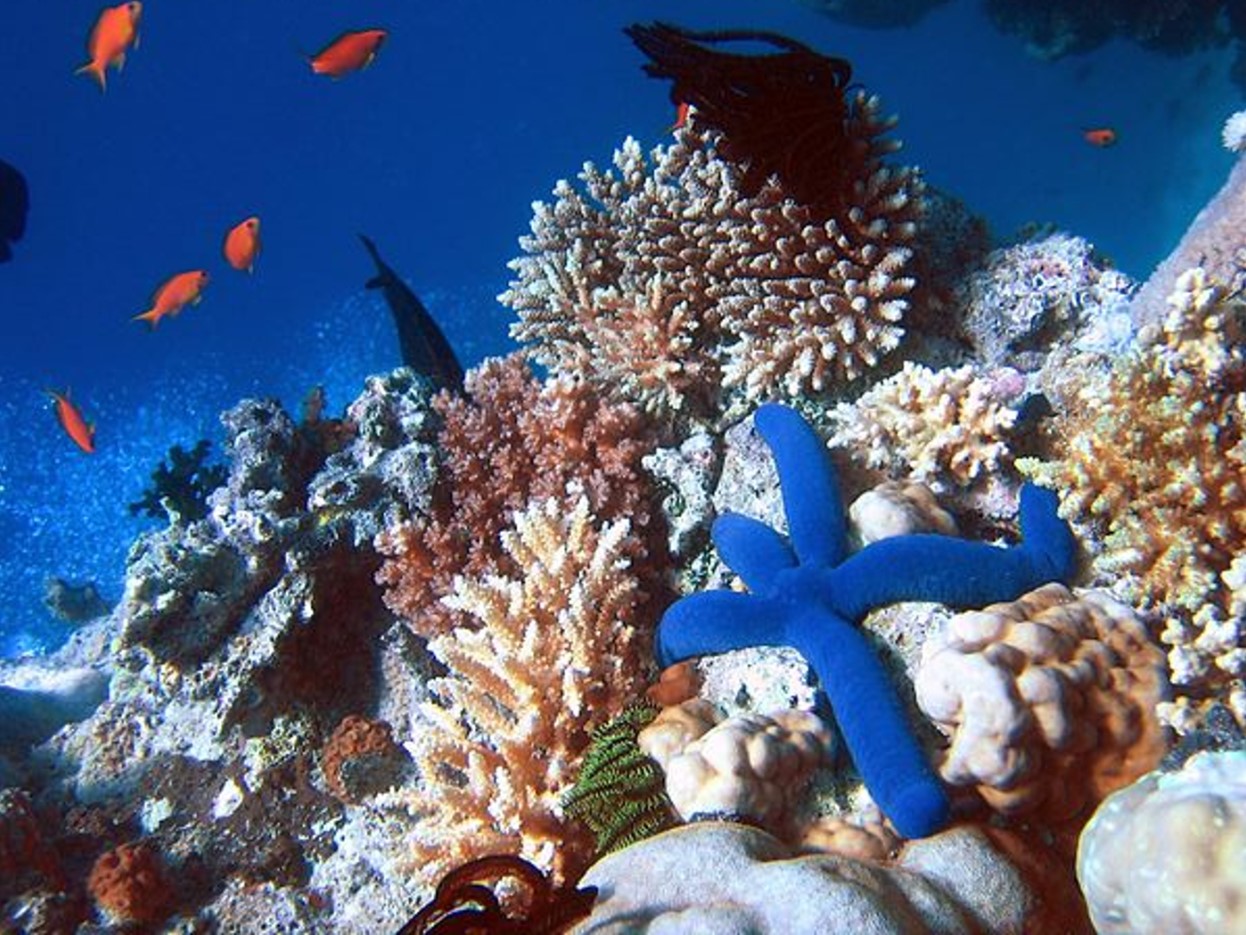
Source: Wikipedia
This, in turn, promotes biodiversity and the health of the entire marine ecosystem, making sea cucumbers indispensable to oceanic life.
The Future of Marine Research
The discovery of the McDaniel sea cucumber opens new avenues for marine research.
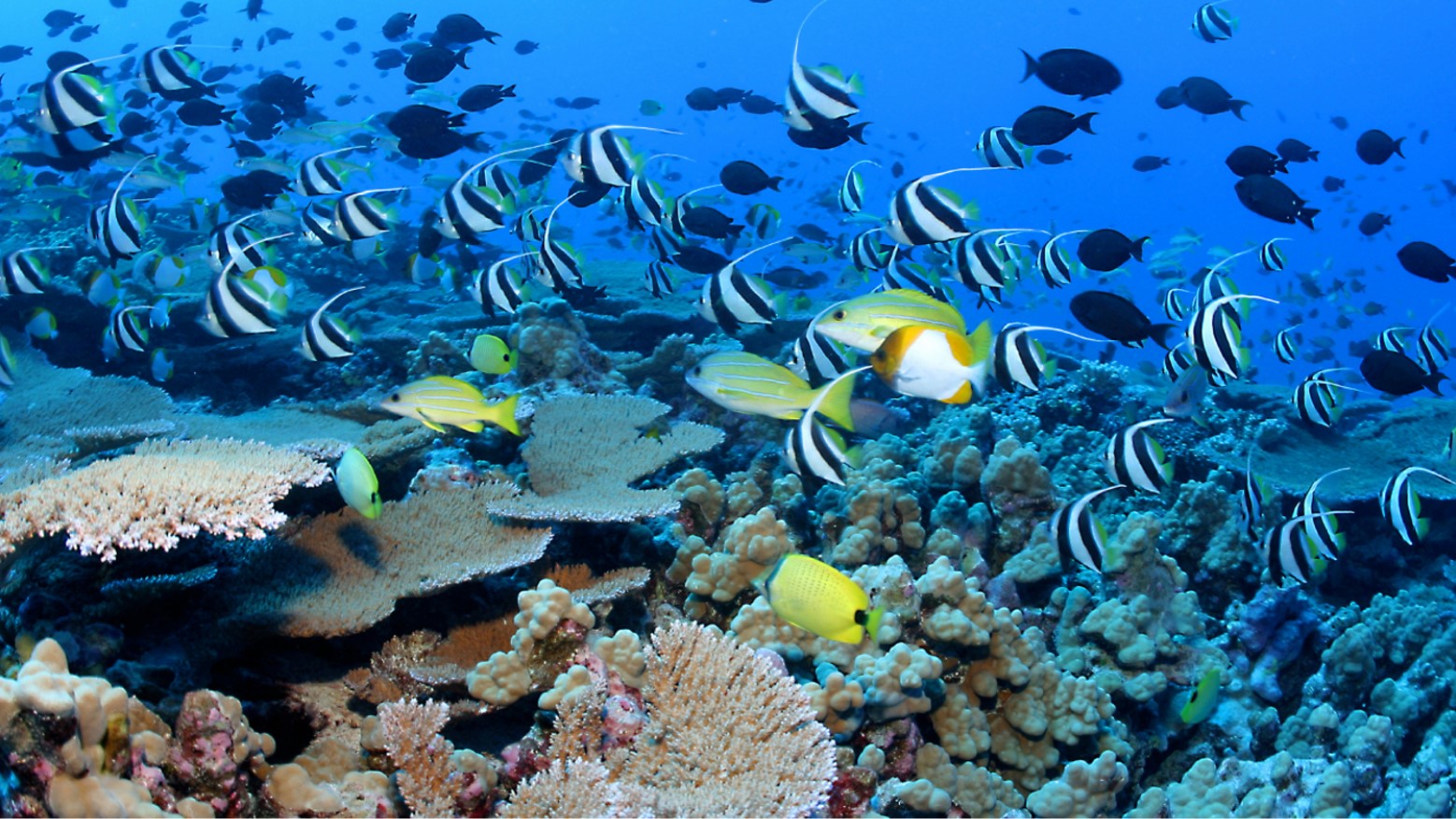
Source: NOAA
Scientists are eager to explore more about its behavior, habitat, and interactions with other marine species.
'Underwater Vacuum Cleaners'
“Sea cucumbers have a very important role, they’re literally the underwater vacuum cleaners,” says Professor Ove Hoegh-Guldberg.
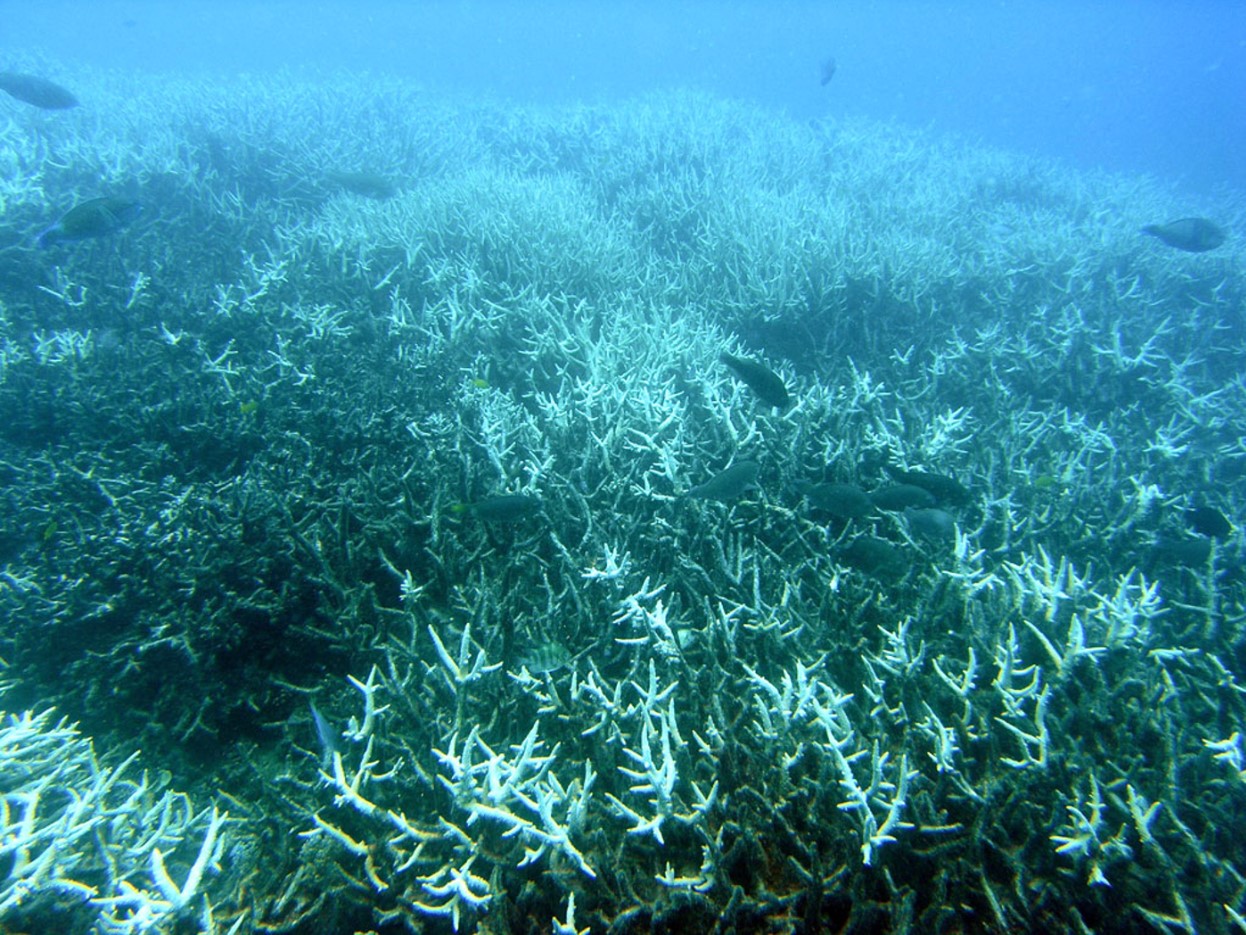
Source: Wikipedia
This sentiment is echoed by other marine biologists who stress the ecological significance of these creatures. Their work not only enhances our understanding but also inspires conservation efforts.
Hope for the Future
The discovery of the McDaniel sea cucumber brings hope for marine conservation. As scientists continue to uncover and study new species, they emphasize the need to protect these vital organisms.
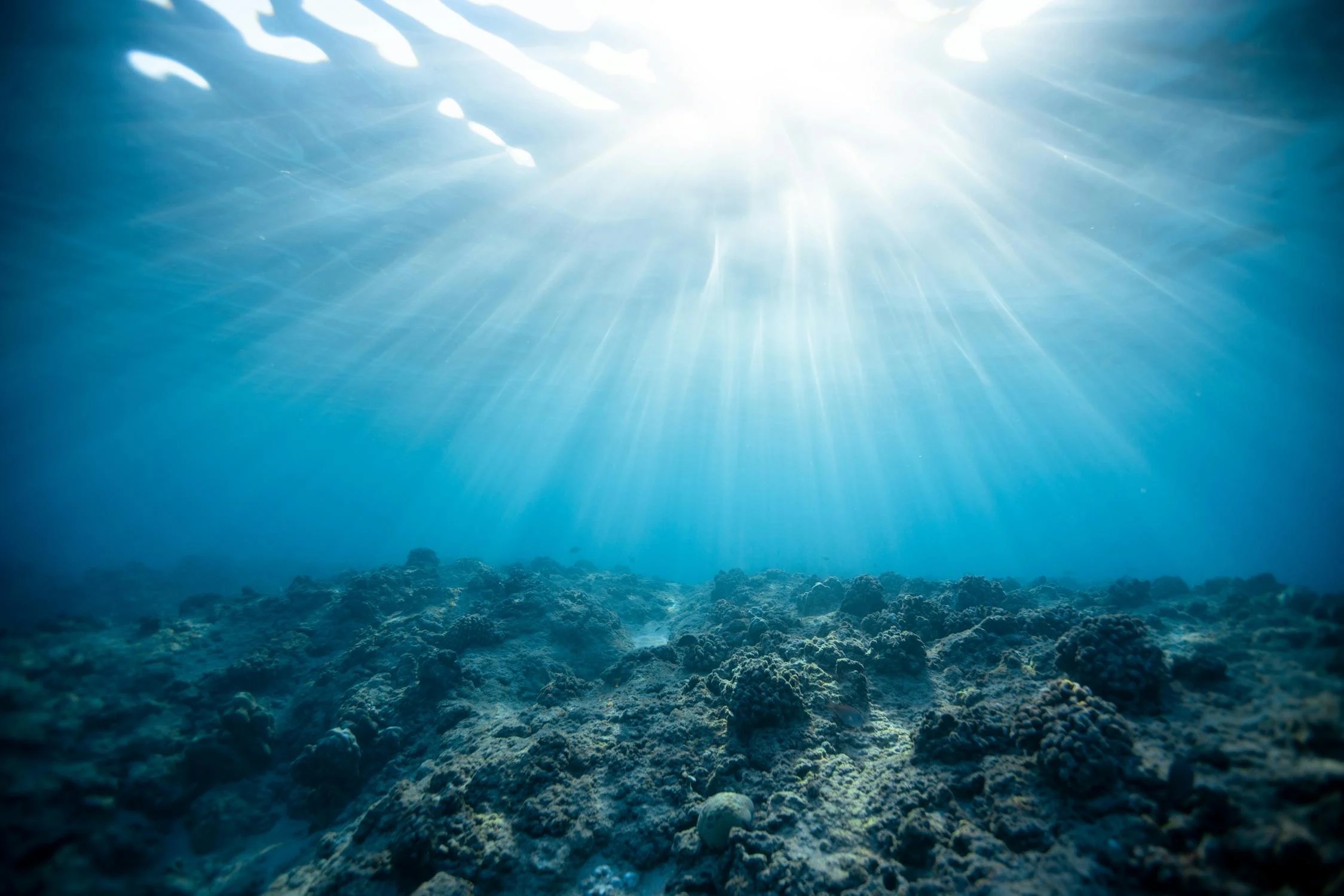
Source: Jeremy Bishop/Pexels
With increased awareness and conservation initiatives, there is hope for a healthier, more balanced ocean ecosystem.
